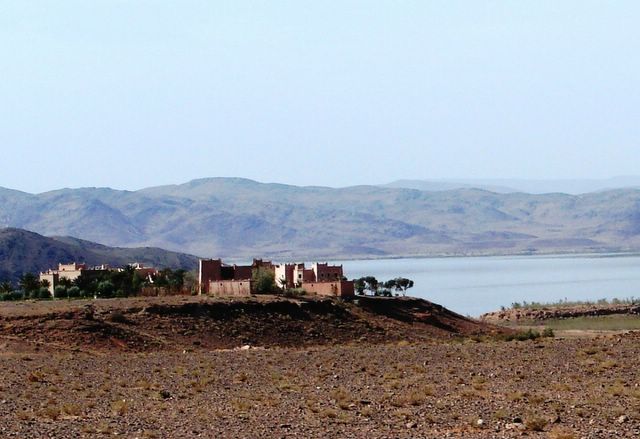The following conclusions represent the 2020 global landscape trends reported by the National Intelligence Council (NIC) in a recent report titled:
'Mapping the Global Future'. The NIC is the US Intelligence Community's center for midterm and long-term strategic thinking.
Relative Certainties:Globalization largely irreversible, likely to become less Westernized.
World economy substantially larger.
Increasing number of global firms facilitate spread of new technologies.
Rise of Asia and advent of possible new economic middle-weights.
Aging populations in established powers.
Energy supplies “in the ground” sufficient to meet global demand.
Growing power of nonstate actors.
Political Islam remains a potent force.
Improved WMD capabilities of some states.
Arc of instability spanning Middle East, Asia, Africa.
Great power conflict escalating into total war unlikely.
Environmental and ethical issues even more to the fore.
US will remain single most powerful actor economically, technologically, militarily.Key Uncertainties:
Whether globalization will pull in lagging economies; degree to which Asian countries set new “rules of the game.”
Extent of gaps between “haves” and “have-nots”; backsliding by fragile democracies; managing or containing financial crises.
Extent to which connectivity challenges governments.
Whether rise of China/India occurs smoothly.
Ability of EU and Japan to adapt work forces, welfare systems, and integrate migrant populations; whether EU becomes a superpower.
Political instability in producer countries; supply disruptions.
Willingness and ability of states and international institutions to accommodate these actors.
Impact of religiosity on unity of states and potential for conflict; growth of jihadist ideology.
More or fewer nuclear powers; ability of terrorists to acquire biological, chemical, radiological, or nuclear weapons.
Precipitating events leading to overthrow of regimes.
Ability to manage flashpoints and competition for resources.
Extent to which new technologies create or resolve ethical dilemmas.
Whether other countries will more openly challenge Washington; whether US loses S&T edge.


























6 Comments:
Thank you so much for the kind comment in my blog!
Sorry for the delay in acknowledging it, I have just been overseas.
March 23, 2005
You are welcome. I enjoy reading your posts on life in Dubai.
I hope that you will return to my blog and share your views on various topics.
March 23, 2005
Whether jihadist ideology will spread will directly depend on EU's ability to integrate minorities. Unfortunately, so far they've been doing a very bad job of it, and if they keep up the current trends, things aren't likely to improve in the future.
March 23, 2005
Good comment Irina. Have you read Olivier Roy's book: "Globalized Islam" ? It addresses the immigrant question within Europe and how some 2nd and 3rd generation Muslims there are becoming radicalized.
I think Europeans are very much aware of this problem and the demographics are not to be ignored. Now we've seen some reactions to this in the Netherlands. But I think that European policy makers know that this is an important priority to address in the very short term.
March 23, 2005
So it's all gonna be Power, WMD and Islamism? I need me some other planet.
'Whether rise of China/India occurs smoothly.' Ah, here's a good one.
Great post mate.
March 24, 2005
Actually, I read a portion of it in my Peoples of ME class last term. I found it very interesting, and I hope to read the whole thing soon. Personally, I'm interested in integration of minorities in Europe, and am doing a paper on that right now!
March 24, 2005
Post a Comment
<< Home